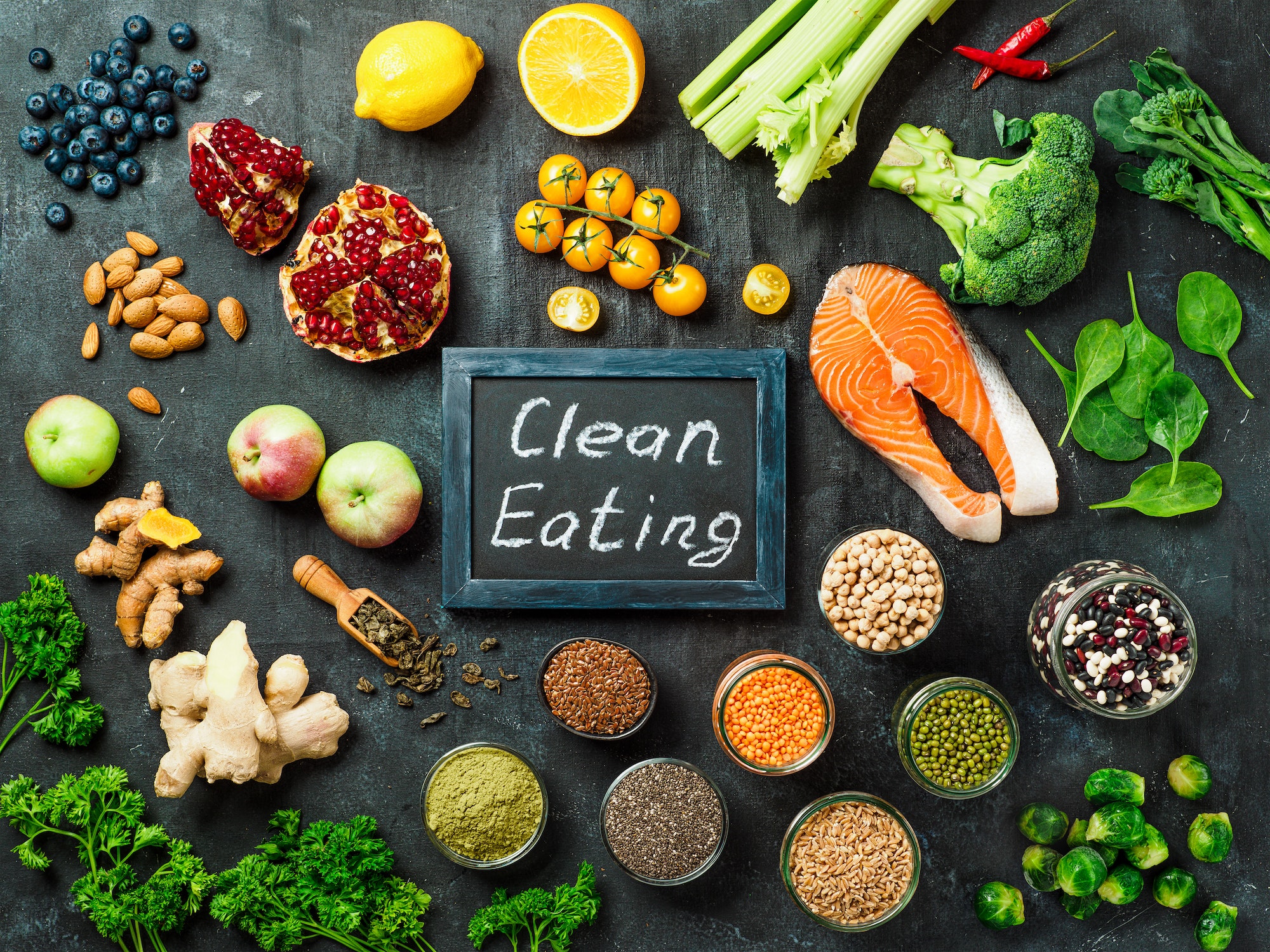If you’ve checked social media lately, you may have noticed the surge in “clean” diets. Almost always accompanying an aesthetically pleasing food creation, this type of article lets you know with absolute certainty that X ingredients or foods are not present. But if you need further clarification, you can check the influencer’s bio for their particular exclusion of foods. You’ll find diets such as keto, paleo, vegan or restrictions like gluten-free, oil-free, refined sugar-free, flour-free or dairy-free. This list goes on and on. At first glance, we’re left to question why these people have decided to eliminate such specific food groups.
Our next thought, however, is even more precarious: Should I be doing this too? The internet is a weird thing. As technology and globalization have surged in recent years, we’re left with a seemingly smaller world, teeming with information on millions of topics. It’s a good thing, right? After all, knowledge is power. But what if the knowledge isn’t rooted in science? What if it causes more harm than good? These are just a few of my concerns with the clean-eating movement.
Clean eating is not clearly defined.
Initially, clean eating sparked from a desire to eat more whole, nutritious foods. That’s not a bad thing, but it’s no longer just about eating better-for-you foods. Clean eating has become a privilege of consuming nicely packaged foods with influencer-approved ingredients (many of which do not reap the claimed benefits!). We can’t ignore that clean eating is for those who have access and can afford to shop at upscale grocery stores or fresh farmers markets. A big problem with eating clean is that it implies a lifestyle — that clean eaters care more about their health and are proactively trying to improve their well-being. It implies that those who don’t care to eat clean are unhealthy or lazy — they are eating “dirty.” It’s as if some foods are clean and virtuous and others should be avoided, which is totally arbitrary because most foods come from the ground, which is inherently and literally full of dirt.
Eating clean can cause more harm than good.
Some proponents of clean eating may have an air of superiority, but your eating style doesn’t define your worth. Plus, the pressure to eat clean can cause anxiety or excessive preoccupation (as do a lot of restrictive eating plans) around eating, especially if eating socially or at a restaurant. Eating clean unfortunately often becomes a competition of who can have the best-looking food or the cleanest list of ingredients — but there are no winners in this game. Most food has been processed in some way, because washing and cutting are technically a way of processing, and there are several processed foods that are nutritious (like peanut butter, whole wheat pasta and canned beans).When taken to extremes, restrictive practices like clean eating can lead to disordered eating patterns. An unhealthy obsession with clean or healthy eating is known as “orthorexia.” Though orthorexia is not currently an official diagnosis in the medical community, it can still have major negative effects on your stress levels, social life and overall health. If you think that you have signs of orthorexia or a disordered eating pattern, consult your personal healthcare professional.
Check your source.
If you’re interested in improving your health or learning about nutrition, that’s great! But there’s a difference between getting nutrition information from an Instagram star versus the evidence-based Dietary Guidelines for Americans. If you encounter some information about a food or ingredient, make sure your source is valid and isn’t promoting a pass-fail type of eating that’s going to leave you feeling bad if you don’t adhere to its strict requirements. Though the clean-eating movement doesn’t appear to be going anywhere anytime soon, you don’t have to participate. If you’re interested in learning how to improve your relationship with food, try mindful and intuitive eating. These types of eating encourage acceptance of all foods as well as paying attention to your hunger cues, which is more sustainable long-term!
Source Link – http://www.foodinsight.org/why-you-should-stop-clean-eating-diet-health
If you liked the article, check out Why Eating Fish Regularly Is Healthy




